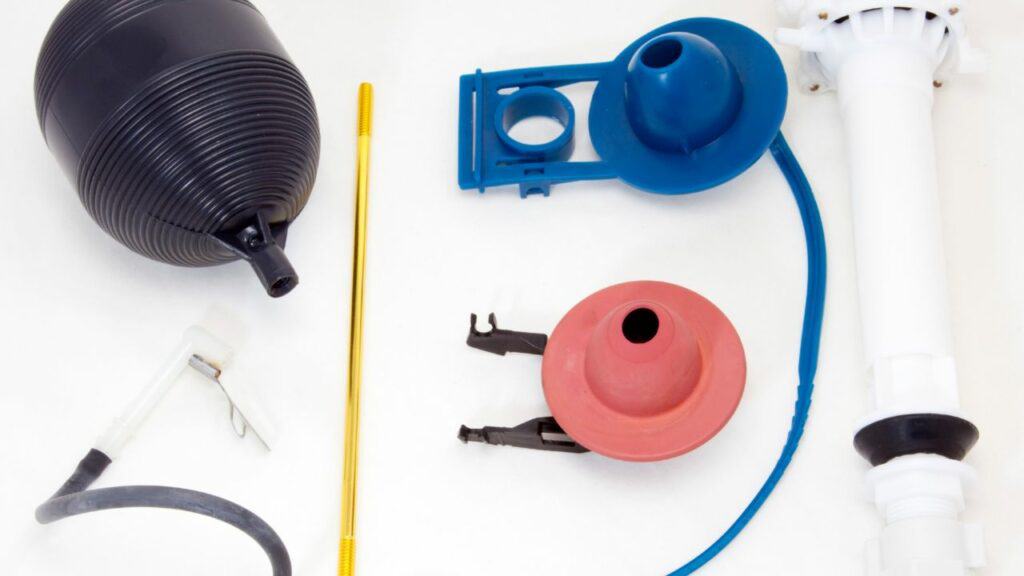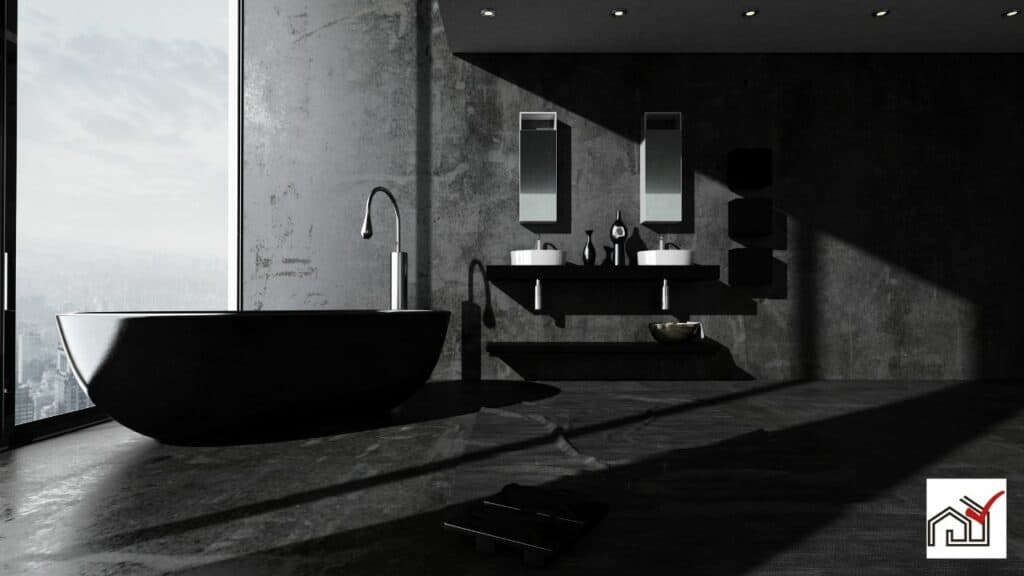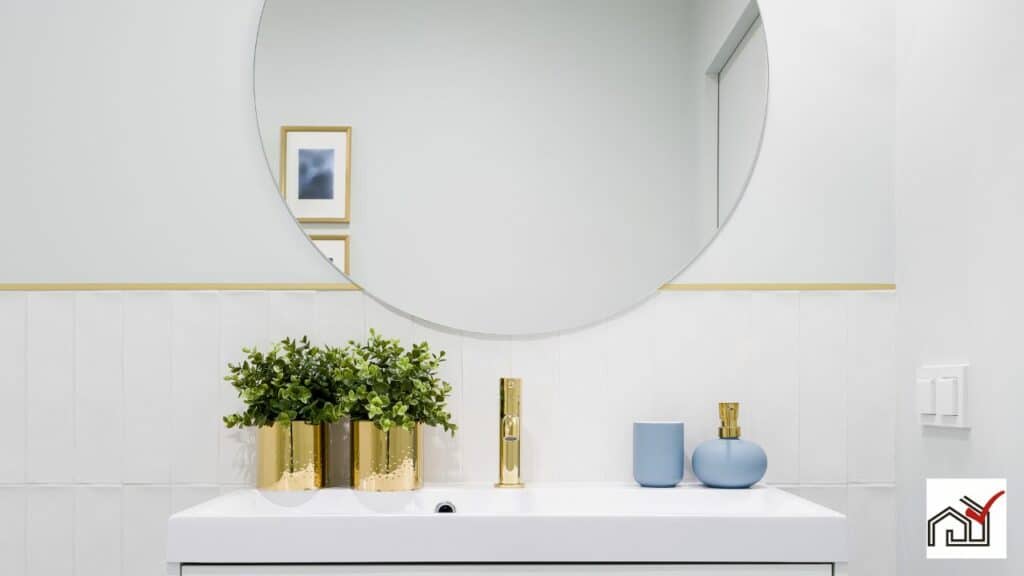The cost of renovating a bathroom varies depending on several factors, including the size of the bathroom, the quality of materials used, the design’s complexity, and local labor costs. Expenses typically cover fixtures, tiles, plumbing, and any structural changes. Adhering to local building codes can also add to the cost.
On average, renovating a standard bathroom may cost between $5,000 and $25,000, with high-end renovations potentially exceeding this range. Homeowners should get multiple quotes and plan their budget carefully to control costs during the renovation.
Understanding Renovation Costs
The cost of a bathroom renovation can significantly impact a homeowner’s budget due to a range of factors. The size of the bathroom often provides a starting point for budgeting, with costs calculated per square foot. Yet, the final price includes more than just area.
The cost of a bathroom renovation is affected by the choice of materials and fixtures, with luxury items leading to higher expenses. Complex designs that require structural changes, such as moving walls, will increase labor costs and may necessitate more complex plumbing and electrical work.
Additional costs may arise from installing features that comply with the Americans with Disabilities Act (ADA), which enhance accessibility but are more costly. Labor expenses vary by region and the skill level of the hired contractors. Materials and labor, especially for plumbing and electrical work that requires licensed professionals, typically make up a significant portion of the budget.
In essence, homeowners must consider various financial and practical aspects when planning a bathroom renovation, including budget, potential disruptions, and whether to hire professionals or do the work themselves.
Factors Affecting Total Price
The total cost of a bathroom renovation is influenced by several factors:
- Size of the bathroom: Smaller bathrooms cost less to renovate due to reduced material and labor needs. Larger bathrooms require more materials and labor, increasing the cost.
- Quality of materials: Choosing high-end fixtures and finishes will raise the cost due to higher material expenses and possibly more specialized labor. Budget-friendly materials can reduce costs but may impact the look and longevity of the renovation.
- Complexity of the project: A comprehensive renovation, which may involve completely stripping the room and adding new plumbing, needs various professionals such as plumbers and electricians. This increases labor costs, which form a large part of the overall expense.
- Home value alignment: The National Kitchen and Bath Association suggests spending 5% to 10% of the home’s value on a bathroom remodel to keep the investment proportional to the property’s value.
Understanding these factors helps homeowners plan financially for a bathroom renovation.
Breakdown of Material Expenses
The cost of materials for bathroom renovations can vary widely. Cabinet and shelving costs range from $300 to $42,000, with custom vanities potentially adding $10,000. Countertops can cost between $400 and $4,300, influenced by material choice and installation complexity. Shower installation ranges from $200 for basic kits to $15,000 for custom designs.
Floor and wall tiling costs are calculated per square foot, including materials and labor. Bathtub replacement varies from $4,200 to $11,000, affected by material and features like jets. Changing fixtures can also impact cost, with prices increasing for high-end items.
Adding doors or windows requires new construction, costing an additional $120 to $200 per structure. Material selections should balance design goals with budget limitations.
Labor and Installation Charges
Labor and installation costs are a major part of bathroom renovation budgets, often making up 40% to 65% of total costs. It is crucial to employ a professional contractor to guarantee quality and efficiency. Contractors generally charge $50 to $75 per hour. Hiring specialized subcontractors like electricians and plumbers incurs extra fees. Electricians may charge $40 to $120 per hour plus additional fees for new electrical installations. Plumbing work also adds considerably to the costs.
A general contractor can manage the project but will increase labor expenses. The project’s complexity affects the cost; a full renovation is less complex than a complete overhaul, which is more labor-intensive. Adding accessibility features can be costly, with full accessible bathroom construction averaging around $9,000 and individual features ranging from $100 to $3,000.
Saving on Bathroom Renovations
To save on bathroom renovations, homeowners can choose mid-range or budget materials that still look good and function well. Updating fixtures and finishes without changing the structure or plumbing can also cut costs.
Using standard products from large retailers can be more affordable than custom options. Selecting cost-effective lighting and ventilation can reduce the need for expensive electrical work.
With careful planning and selection of quality yet inexpensive materials and fixtures, homeowners can refresh their bathroom at a lower cost.





